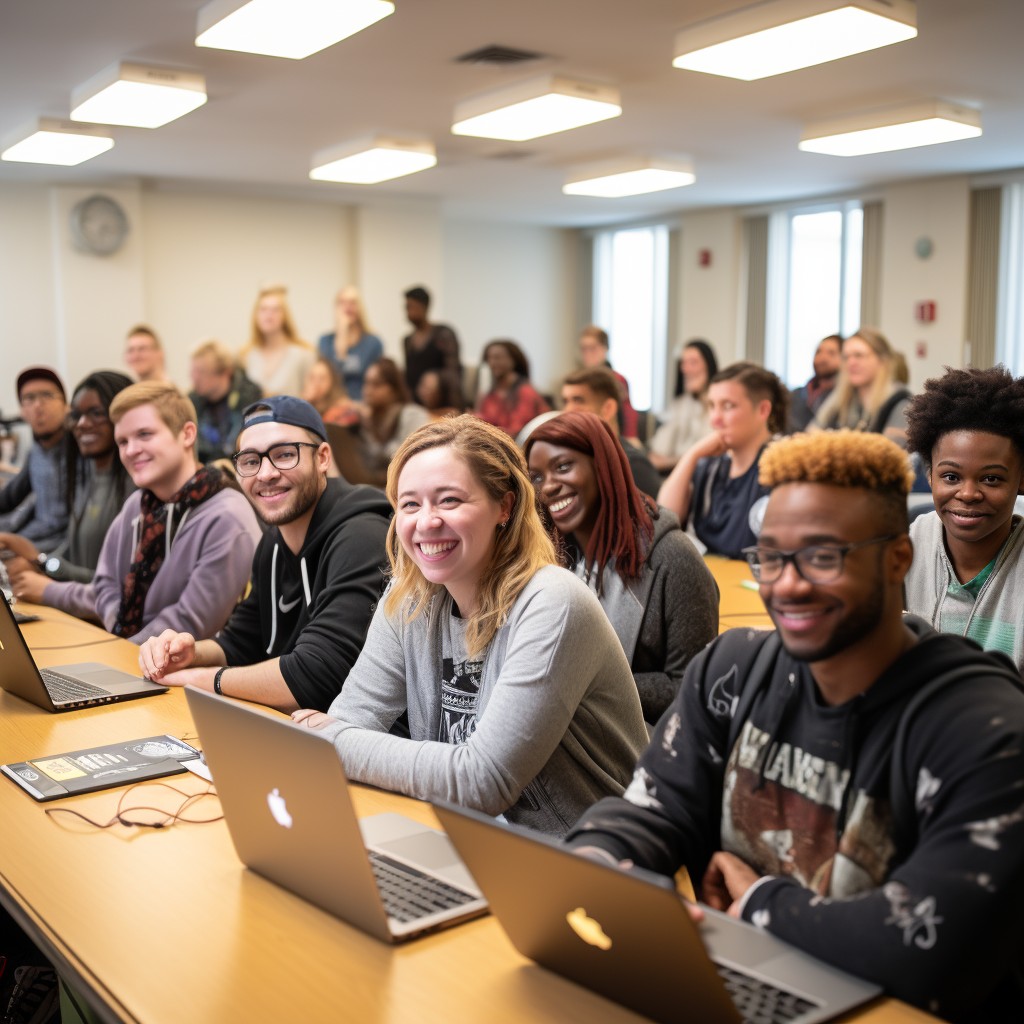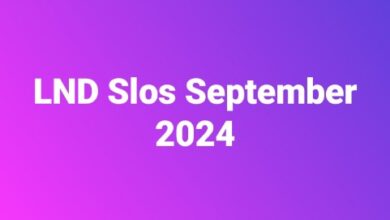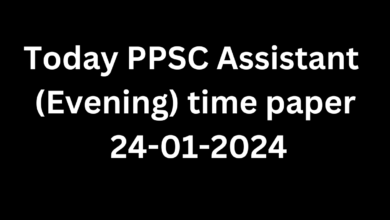Alternative Education: Beyond the Traditional Classroom
Alternative Education: Beyond the Traditional Classroom
Introduction
Alternative education encompasses a diverse range of educational methods that deviate from the traditional classroom model. It offers students personalized learning experiences tailored to their unique needs, interests, and learning styles. This article explores different forms of alternative education, its benefits, and challenges.

Types of Alternative Education
A wide range of alternative education options include:
- Home Schooling: Education provided at home by parents or guardians.
- Unschooling: Child-led learning without a formal curriculum or structure.
- Online Learning: Education is primarily delivered through digital platforms.
- Charter Schools: Public schools that have more autonomy in curriculum and operations.
- Alternative Schools: Schools designed for students who struggle in traditional settings.
- Private Schools: Independent schools with specific educational philosophies.
Advantages of alternative education
- Personalized Education: Instruction tailored to meet individual needs.
- Flexibility: Ability to adjust to student schedules and learning pace.
- Increased motivation: Students can be more engaged and motivated to learn.
- Different Learning Environments: Exposure to different teaching methods and approaches.
- Choice: Ability to select academic programs according to students’ interests.
Challenges of Alternative Education
- Lack of standardization: Different standards and rigor among programs.
- Socialization Concerns: Potential for limited peer interaction in some models.
- Access to resources: Limited access to special equipment or facilities.
- Teacher Qualifications: Various levels of teacher training and certification.
- Legal and Regulatory Issues: Complex legal framework and requirements

Table: Comparison of Alternative Education Models
| Model | Key Features | Advantages | Challenges |
|---|---|---|---|
| Home Schooling | Parent-led instruction, flexible schedule Strong parent-child relationship, personalized education Social isolation, lack of quality curriculum | ||
| Online learning | Digital platform, flexible pacing | Access, diverse course options | Lack of face-to-face communication, possibility of technical problems |
| Charter School | Publicly funded, independent operation Focus on specific educational goals, innovation Variation in quality, possibility of electoral registration |
Frequently Asked Questions About Alternative Education
Is alternative education right for every child?
- Alternative education may be appropriate for some students but not all. Individual needs and learning styles must be considered.
How can I find a reputable alternative education program? - Research different options, visit schools or programs, and talk to other parents.
*What are the legal requirements for homeschooling? - Homeschooling regulations vary by state or country. Check local laws for specific requirements.
*Can online learning replace traditional schooling? - Online learning can be a valuable supplement to but may not completely replace the benefits of in-person instruction.
*How can I make sure my child gets a good education in an alternative setting? - Look for programs that offer a balanced curriculum and opportunities for social interaction.

Result
Alternative education offers a promising approach to meeting the diverse needs of learners. While this presents challenges, it also offers opportunities for personalized learning, increased student engagement, and innovative educational practices. When choosing an alternative education path, careful consideration must be given to the individual needs of students, the quality of the program, and the resources available.
Would you like to focus on a specific type of alternative education, such as homeschooling, online learning, or charter schools?




